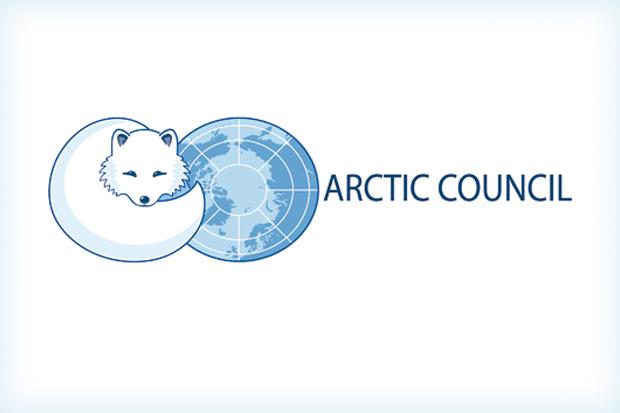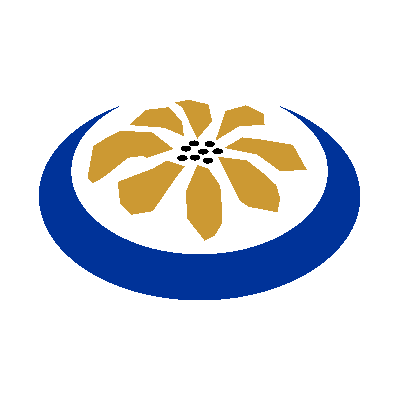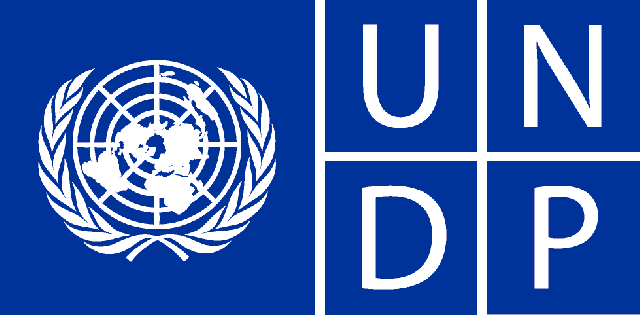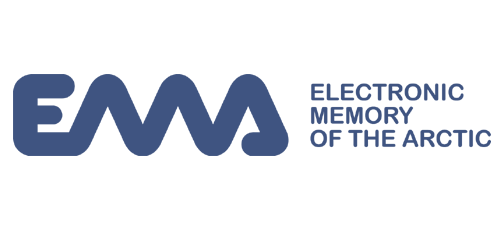Partnership
United Nations NGO Branch
 The Department of Economic and Social Affairs of NGO Branch is the focal point within the UN Secretariat for non-governmental organizations in consultative status with the Economic and Social Council (ECOSOC) and for NGOs seeking status. Our aims are the following:
The Department of Economic and Social Affairs of NGO Branch is the focal point within the UN Secretariat for non-governmental organizations in consultative status with the Economic and Social Council (ECOSOC) and for NGOs seeking status. Our aims are the following:
Support to NGOs: Informing you in a timely fashion on events and opportunities to collaborate with the United Nations.
Intergovernmental Support: We service the Committee on NGOs, which meets twice a year to discuss accreditation of NGOs to the UN Economic and Social Council.
Conference registration: Through CSONet, we facilitate participation of NGOs to most of the intergovernmental processes taking place at United Nations headquarters and beyond. Each year, some 7,000 NGO representatives participate in those events in New York alone.
Technical assistance: With support from the UN Development Account, we carry out limited capacity-building activities with civil society organizations.
The Northern Forum has an Observer status.
Arctic CouncilThe Ottawa Declaration of 1996 formally established the Arctic Council as a high level intergovernmental forum to provide a means for promoting cooperation, coordination and interaction among the Arctic States, with the involvement of the Arctic indigenous communities and other Arctic inhabitants on common Arctic issues, in particular of sustainable development and environmental protection in the Arctic. |
|
 |
Arctic Council Member States are Canada, Denmark (including Greenland and Faroe Islands), Finalnd, Iceland, Norway, Russian Federation, Sweden and the United States of America. ] In addition to the Member States, the Arctic Council has the categories of Permanent Participants and Observers. The Northern Forum has an Observer status. http://www.arctic-council.org/index.php/en/about-us/arctic-council/observers |
Cooperation AgreementsUniversity of the Arctic (Uarctic) |
|
 |
The University of the Arctic (UArctic) is a cooperative network of universities, colleges, and other organizations committed to higher education and research in the North. Our members share resources, facilities, and expertise to build post-secondary education programs that are relevant and accessible to northern students. Our overall goal is to create a strong, sustainable circumpolar region by empowering northerners and northern communities through education and shared knowledge. The University of the Arctic promotes education that is circumpolar, interdisciplinary, and diverse in nature, and draw on our combined strengths to address the unique challenges of the region. The University of the Arctic recognizes the integral role of indigenous peoples in northern education, and seeks to engage their perspectives in all of its activities. |
|
United Nations Development Program & Forum of regional governments and global associations of regions (FOGAR) 
Letter of Agreement between UNDP, Northern Forum and FOGAR was signed on September 12, 2007 within the VIII NF General Assembly in Khanty-Mansiysk, Khanty-Mansiysk Autonomous Okrug-Yugra, Russia.
http://www.regionsunies-fogar.org/en/index.php
|
|
|
|
|
| Non-Profit Partnership Center for the Preservation of Cultural and Historical Heritage “Electronic Memory of the Arctic” (EMA Project) | ||
 |
The cultural heritage of the Arctic, the history of the exploration of the Arctic and the life of the region’s inhabitants are highly important. However, these can often be hard to restore, because the information resources are rare and incomplete, have different formats and languages and is spread across many countries. Addressing this challenge, many national libraries and archives are digitalizing their collections in order to preserve them for the coming generations. The project“Electronic Memory of the Arctic (EMA)” aims to bring such electronic resources together, encompassing all the Arctic states.
|
|
|
The EMA project has been designed to accumulate, digitalize, preserve and provide free access to the cultural and historical resources related to the circumpolar world, currently stored in different formats in national libraries, archives, museums and private collections. The project team has already established the technical framework for an easily accessible and searchable database, using state-of-the-art digital technologies. Memorandum of Understanding and Cooperation betwee EMA and the Norrthern Forum was signed on October 18, 2013 within the XI NF General Assembly in Moscow, Russia. |
||
Cooperation with national leaders
In order to show the value, and improve the effectiveness, of the Northern Forum's region-to-region approach to international relations, the leaders of the Forum have engaged in dialogue with many national leaders from the Forum's member regions. Such contacts raise awareness of the Northern Forum, and its mission and activities. More importantly, they also indicate that this approach, in cooperation with national leaders, can produce practical results for Northern peoples.



